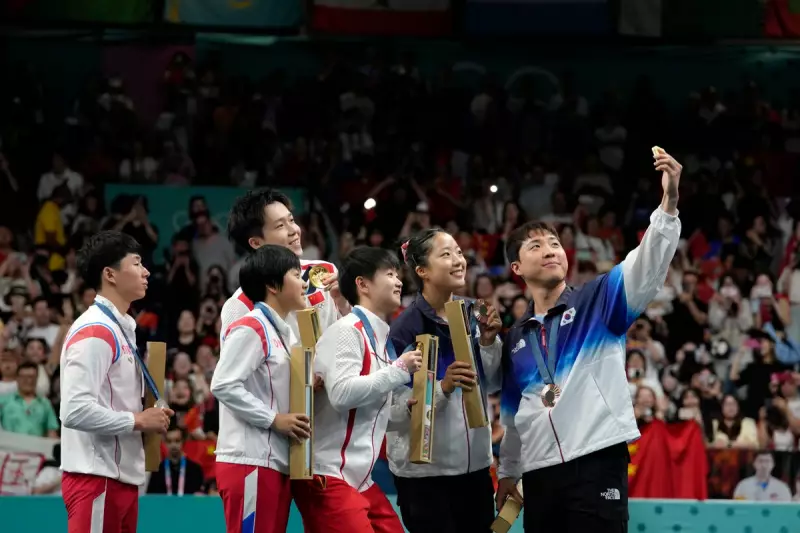
In a dramatic move that has sent shockwaves through the international sporting community, North Korea has abruptly withdrawn from hosting crucial events for the 2026 Asian Games. The unexpected decision forces Japan to shoulder the entire burden of the games, with Aichi prefecture and its capital Nagoya now taking centre stage.
The Olympic Council of Asia (OCA) confirmed the stunning development, revealing that North Korea has formally relinquished its hosting rights for sports including weightlifting, archery, and judo. This last-minute reversal has plunged the planning for the prestigious multi-sport event into uncertainty.
Japan Steps Up as Sole Host
With Pyongyang's withdrawal, the Japanese organising committee in Aichi and Nagoya must now rapidly adapt to accommodate all events. The games, scheduled for September-October 2026, were originally conceived as a rare collaborative effort between the two nations.
The OCA has expressed its full confidence in Japan's ability to deliver a successful games, but the logistical challenges of consolidating the entire event are significant. Officials in Aichi are now working against the clock to revise venue plans and accommodation arrangements.
Geopolitical Tensions Cast a Long Shadow
While no official reason was given for North Korea's sudden withdrawal, the decision is widely seen through the lens of ongoing geopolitical tensions. The collaboration was always considered a bold diplomatic experiment, attempting to bridge deep political divides through sport.
This isn't the first time North Korea has made headlines in the sporting world recently. The nation's athletes have been increasingly visible at international events, including the recent Summer Olympics in Paris. Their participation there came after the International Olympic Committee suspended North Korea's national Olympic committee until late 2025 for refusing to send a team to the Tokyo Games held in 2021.
What This Means for the 2026 Asian Games
The fallout from this decision is multi-faceted:
- Japan must now absorb all financial and organisational costs alone
- Aichi and Nagoya face immense pressure to deliver a seamless games
- The dream of sports diplomacy between Japan and North Korea suffers a major setback
- Athletes from across Asia must adjust to a completely revised games format
All eyes will now be on the Japanese organisers as they work to ensure the 2026 Asian Games remain a celebration of sporting excellence, despite the complex political backdrop that has fundamentally reshaped their planning.





